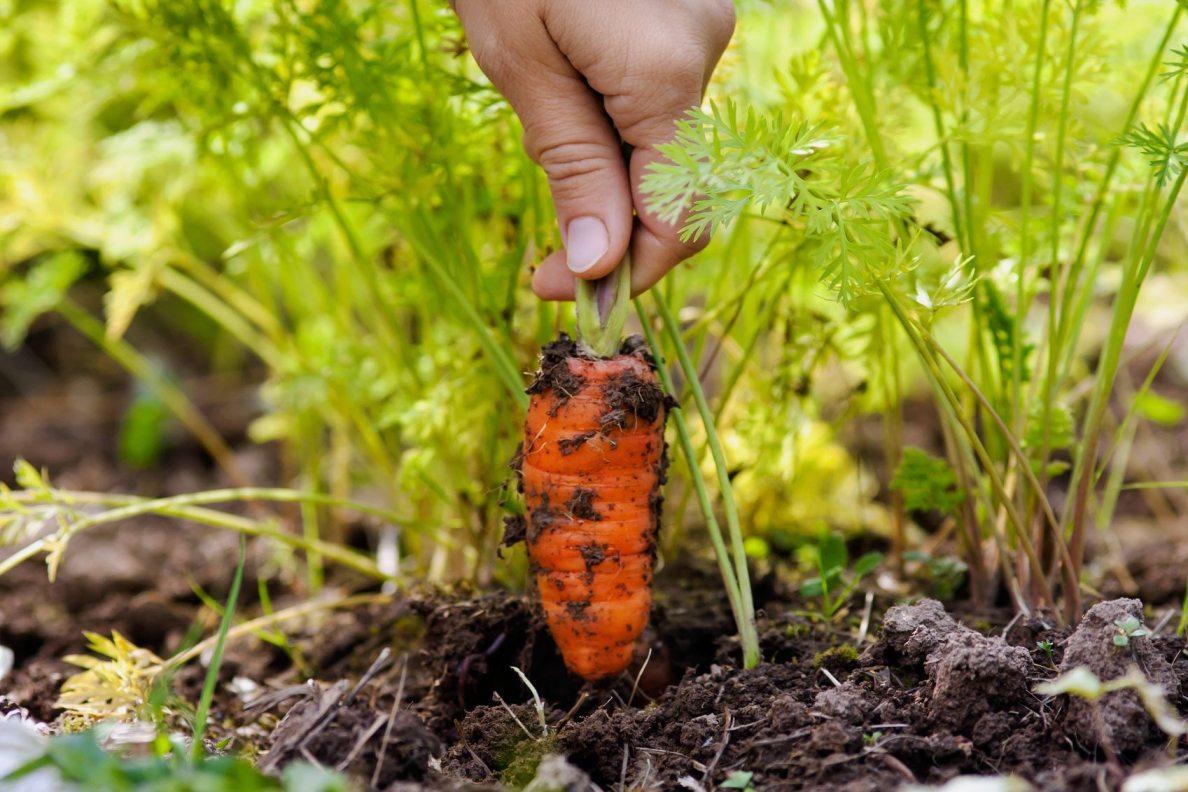Dr Chijioke Osuji, an Agro industry and food value chain expert, has identified reducing post harvest loses, and not just increasing agricultural production, as the main key to attaining food sufficiency in Nigeria.
Related Articles
Osuji stated this on Saturday, in Calabar, in an interview with the News Agency of Nigeria (NAN), while reacting to increases in the cost of foodstuffs around the country.
The expert, who is also an Associate professor at the Federal University of Technology Owerri (FUTO), said a lot of food produced in Nigeria get wasted between the farms, markets and the homes.
“Our problems in terms of achieving food sufficiency has not been so much of boosting production to between 120 to 150 tons of food that is needed annually in the nation, but in the massive post harvest losses.
“If we can drastically reduce these losses, especially the ones between the farms and the markets, it is like increasing the volume of our output as well.
“I think a lot of these losses make it look like we need to increase food production to feed ourselves. Whereas, if we reduce the losses, we will find out that we have enough to feed ourselves and even venture further into exportation.
“So, the volume of food needed to feed Nigerians annually remains not perfectly determined, until we can solve some of the problems in the food value chains.
“Food availability never used to be our problem in Nigeria, but accessibility and affordability, however, today due to insecurity, availability has become a problem since 2020 and it is worsening affordability, he said.
He commended the Federal Ministry of Agriculture and the Central Bank of Nigeria (CBN) for investing massively in agriculture in the last few years, through programmes like the Anchor Borrowers scheme which had ensured that Nigeria did not sink into a food crisis.
He, however, appealed for the sustenance of the agricultural gains of the last 10 to 12 years and pushed forward to prevent threats to the nation’s food supply to avert severe crisis








